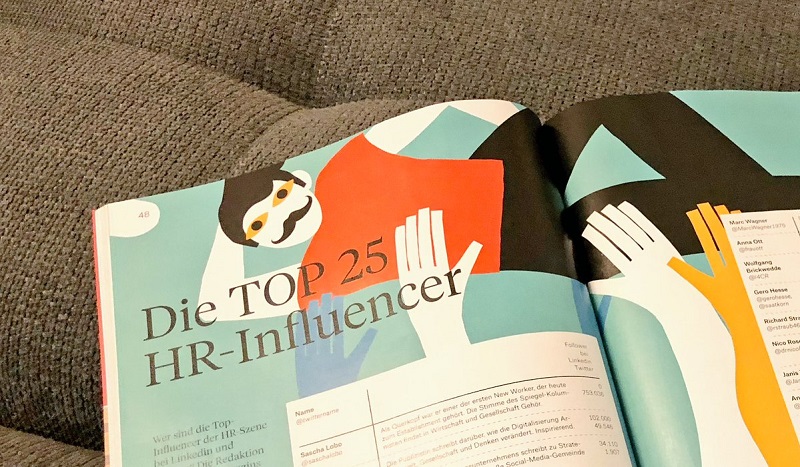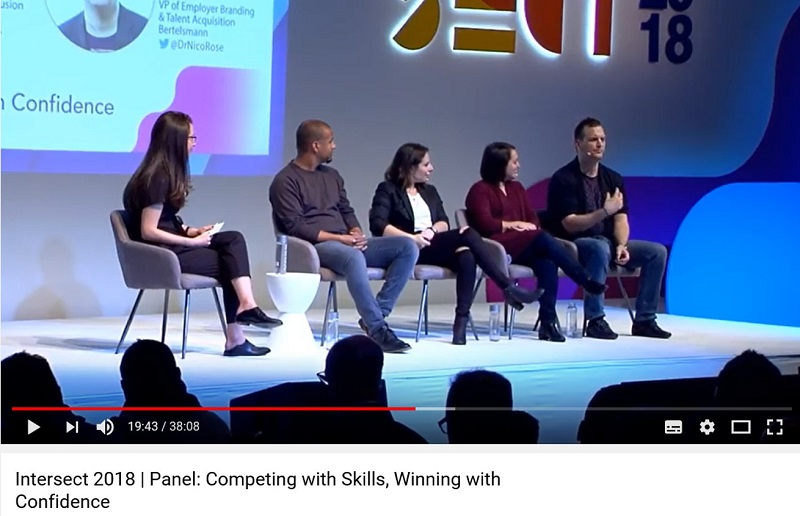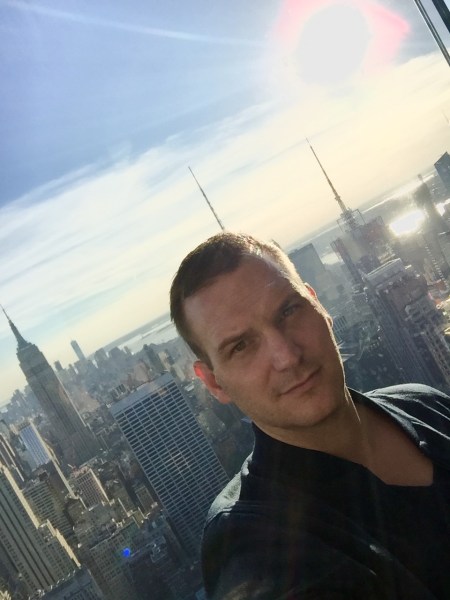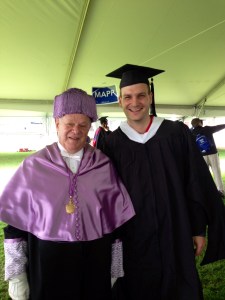In past times, charisma was defined as a divine gift. Either, you had it – or you had to live without it. But not anymore. To answer the question from this article´s headline: Yes, we can.
At least, this is what researchers John Antonakis, Marika Fenley and Sue Liechti propose via an article that was published in 2011 in “Academy of Management Learning and Education”.
To begin, we should ask how to recognize a charismatic person. The answer: We probably do not see it in directly when looking at an individual, but rather in the impact that person has on other human beings. Charismatic individuals manage to win other people over, to evoke certain emotions and a willingness to act. It doesn’t make a lot of sense to label somebody a leader when that person resides on a deserted island. Much in the same way, it´s not practical to call somebody charismatic when nobody is there to witness that radiance.
Charisma is process, a product of interaction.
Now, what can we to influence this process, what can we do to increase the likelihood of being perceived as charismatic? Antonakis et al. suggest charisma (at least: being perceived as a charismatic speaker) can be boiled down to a set of 12 specific behaviors – what they denote as Charismatic Leadership Tactics (CLT).
Charismatic speakers…
1) use metaphors;
2) use stories and anecdotes;
use 3) contrasts, 4) lists, and 5) rhetorical questions;
6) demonstrate moral conviction;
7) share the sentiments of the collective;
8) set high expectations for themselves and their followers; and 9) communicate confidence that these goals can be met.
On the nonverbal level, charismatic speakers…
10) use vivid body gestures and 11) facial expressions;
and 12) an animated voice tone.
Using a sample of managers from a Swiss corporation and another one that consisted of MBA students, the researchers demonstrated that these CLTs can be taught/learned in a relatively short amount of time. During a five-hour training session that consisted of several exercises and analyzing movies and famous contemporary speeches, they were able to significantly improve their participants´ post-intervention performance such that they were perceived as considerably more charismatic (and more leader-like in general…) by their peers.
I think this is fantastic news. Not everybody can be a Barack Obama. But we all could be significantly more charismatic than we are today.



 People often approach me to ask where they can study Positive Psychology in German and get an “official” degree from a University, not from a private institution. Last week at a research conference, I ran into Prof. Willibald Ruch from UZH | Zurich University, who´s among the “big shots” in the field with respect to all things (VIA)
People often approach me to ask where they can study Positive Psychology in German and get an “official” degree from a University, not from a private institution. Last week at a research conference, I ran into Prof. Willibald Ruch from UZH | Zurich University, who´s among the “big shots” in the field with respect to all things (VIA)  This was the motto of the panel discussion I participated in during the morning session of Udacity Intersect 2018. The panel was hosted by Kathleen Mullaney, VP of Careers at Udacity. The other panelists were:
This was the motto of the panel discussion I participated in during the morning session of Udacity Intersect 2018. The panel was hosted by Kathleen Mullaney, VP of Careers at Udacity. The other panelists were:
 Here are the top 10 Positive Psychology articles for 2016. It seems like you really like infographics this year…
Here are the top 10 Positive Psychology articles for 2016. It seems like you really like infographics this year… This is not a political blog and I´m not a political person. And some may even say, the U.S. election is none of my business, being a
This is not a political blog and I´m not a political person. And some may even say, the U.S. election is none of my business, being a 

